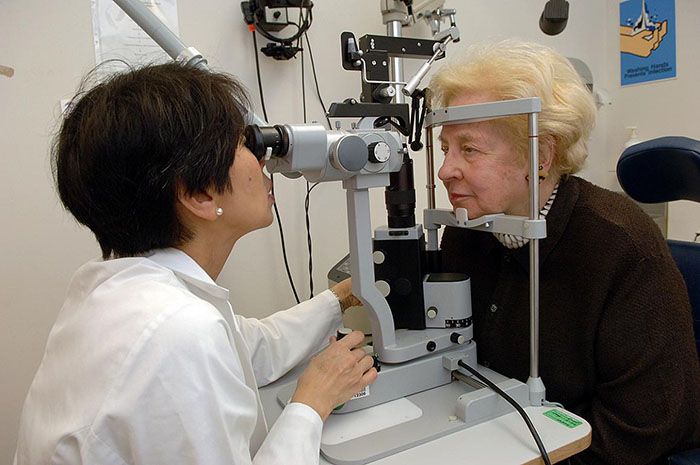IRP study confirms benefit of supplements for slowing age-related macular degeneration
After 10 years, AREDS2 formula shows increased efficacy compared to original formula, benefit of eliminating beta-carotene
The Age-Related Eye Disease Studies (AREDS and AREDS2) established that dietary supplements can slow progression of age-related macular degeneration (AMD), the most common cause of blindness in older Americans. In a new report, scientists analyzed 10 years of AREDS2 data. They show that the AREDS2 formula, which substituted antioxidants lutein and zeaxanthin for beta-carotene, not only reduces risk of lung cancer due to beta-carotene, but is also more effective at reducing risk of AMD progression, compared to the original formula. A report on the study, funded by the National Institutes of Health, published in JAMA Ophthalmology.
“Because beta-carotene increased the risk of lung cancer for current smokers in two NIH-supported studies, our goal with AREDS2 was to create an equally effective supplement formula that could be used by anyone, whether or not they smoke,” said Emily Chew, M.D., director of the Division of Epidemiology and Clinical Application at the National Eye Institute (NEI), and lead author of the study report. “This 10-year data confirms that not only is the new formula safer, it’s actually better at slowing AMD progression.”
AMD is a degenerative disease of the retina, the light-sensitive tissue at the back of the eye. Progressive death of retinal cells in the macula, the part of the retina that provides clear central vision, eventually leads to blindness. Treatment can slow or reverse vision loss; however, no cure for AMD exists.
This page was last updated on Wednesday, July 27, 2022
